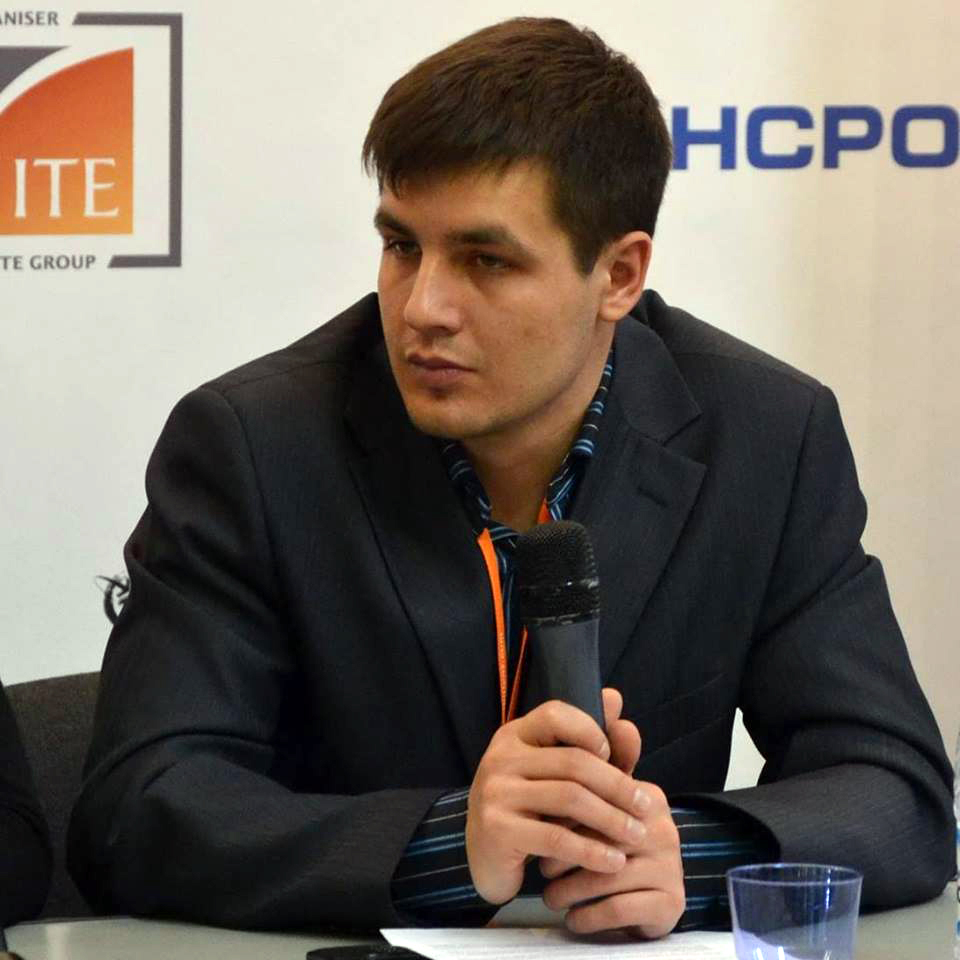Court decision in FEST Group’s favor may encourage foreign investments in Russian fisheries
A Russian court has issued a ruling that may pave the way for foreign investments into the national fishery sector.
The Moscow City Arbitration Court refused to withdraw fishing quotas from the FEST Group, composed of three companies – SC Eridan, JSC Strelets, and JSC Taurus – that had been accused by Russia’s Federal Anti-Monopoly Service (FAS) of being under foreign control.
In January 2018, FAS claimed the companies of the FEST Group were illegally owned by Yuri Prutkov and his family, all of whom have Maltese passports, in addition to being citizens of the Russian Federation. Prutkov and some of his relatives are residents of Switzerland, further complicating the issue. The ownership is illegal due to a law passed in December 2014, when, in the midst of escalating tensions with the European Union and the United States over its annexation of Crimea, Russian legislators prohibited distributing fishing quotas to companies under foreign control.
Under the terms of the 2014 law, FAS moved to have the FEST Group’s quotas withdrawn. The move would have had a huge impact on the market. The FEST group’s annual catch is about 150,000 metric tons (MT) of cod, mackerel, pilchard, herring, haddock, poutassou, and flatfish, with about 60 percent of its catch exported. The operational area of the company is the Barents and Norwegian seas, waters near the Faroe Islands, Greenland, and the open waters of the Atlantic Ocean.
After the FAS announcement, Russia’s Kommersant paper reported the Russian Fishery Company (RFC) was negotiating the acquisition the FEST Group, with the possible withdrawal of quotas resulting in a significant discount in the sale price.
RFC had a deal lined up to pay USD 110 million (EUR 90 million) for FEST, while its real market price was USD 350 million (EUR 286 million), Kommersant reported, citing anonymous industry sources. If it had acquired FEST, the RFC would have become the biggest fishing company in Russia, with 450,000 MT of annual catch quotas; the current leader, the Norebo company, holds quotas for 440,000 MT.
But Strelets, Eridan, and Taurus challenged the FAS’s order. In mid-February, the Moscow City Arbitration Court dismissed the FAS’ claims against Strelets and Taurus. The court ruled that a Russian citizen who also has a passport of another country is legally considered a Russian citizen only, unless a special dual citizenship recognition agreement is signed between Russia and the other country, and no such an agreement between Russia and Malta currently exists.
The court’s decision on Eridan has still been published, but there is a little chance it will be different from the ones on Strelets and Taurus, as the issues of its case are almost the same as those that faced the other companies in the FEST Group.
After the ruling, a statement from the Russian Fishery Company said it is still “interested in acquiring attractive assets in the Russian North West,” but did not mention the FEST Group.
On a larger scale, the Moscow’s court decision may result in an opening of Russia’s fisheries to more foreign investment. While Russia is not a country of case law, the capital court’s decisions are followed closely in the rest of the country – and abroad. Russian businessmen living outside of the country, who have been prevented from investing in the fishing sector by the 2014 ban, may now consider it safer to enter the market.






Share